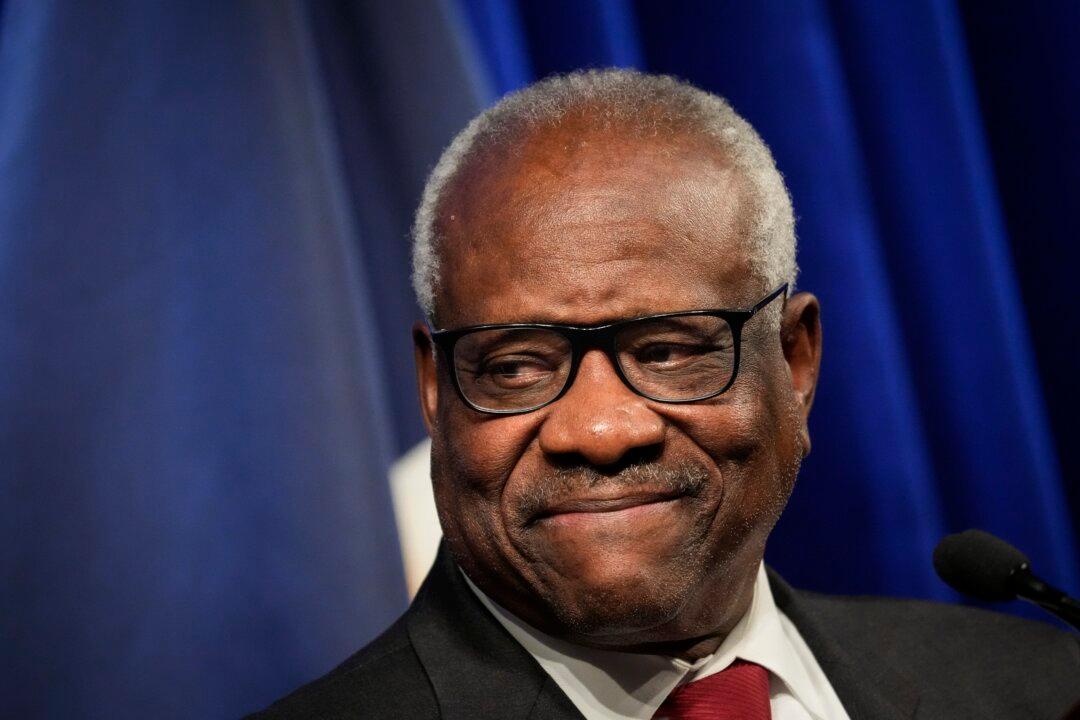The Supreme Court sided with the often-reversed U.S. Court of Appeals for the 9th Circuit by declining to intervene on behalf of a U.S. Air Force Reserve officer who was relieved of command as punishment for his religious-based refusal to get the COVID-19 vaccine.
The case is still pending before both the 9th Circuit and the U.S. District Court for the Eastern District of California.





